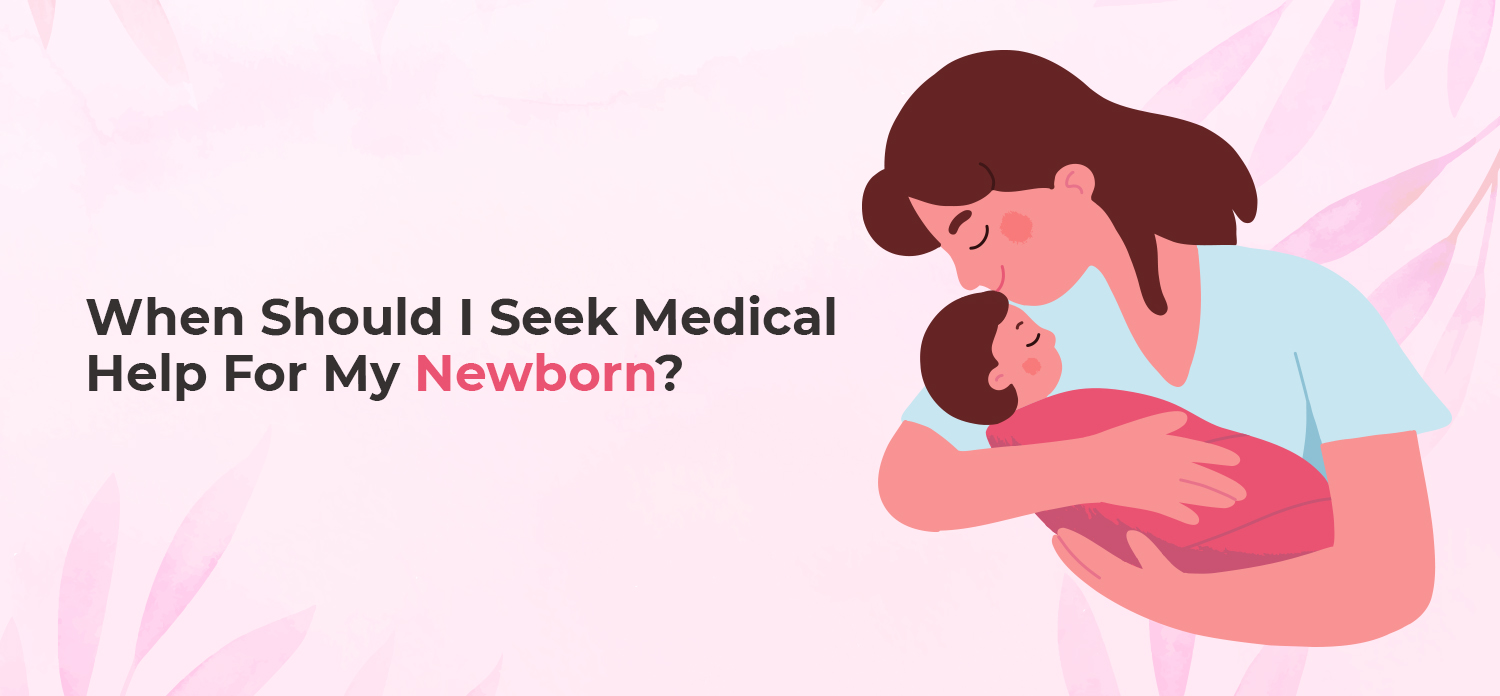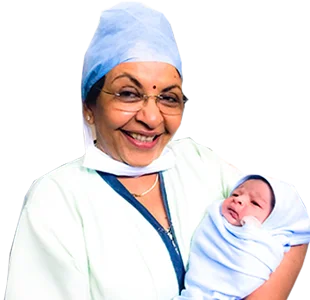When it comes to raising a baby, there isn't a step-by-step guide on how to do so. Every cry or symptom you hear from your new baby leaves you scrambling and wondering if it's something to worry about. There's a lot of advice out there on how to raise a child. When something is amiss with their child, parents should never hesitate to seek help from their paediatrician.
New-born sickness symptoms
The following symptoms and signs should not be ignored, even if you can't call your doctor whenever you have a minor problem.
Your infant is refusing to eat when they should
Avoidance of the required feed is the first sign of an ill baby. Babies require frequent and small feedings with tiny stomachs and low energy reserves. If you notice that your baby isn't interested in eating, you need to contact your doctor.
The temperature of your baby's skin is either too hot or too cold
A cold or fever can set in quickly in the body of a tiny baby. When you notice that your baby's skin is either too cold or too hot, you should check their temperature first. A fever is indicated by a temperature of 100.4, while a temperature of 97.7 F or lower is considered unsafe for a baby. The best pediatrician should be consulted for additional information.
Your child is dehydrated
To see if your baby is dehydrated, look for a lack of tears when the baby cries, fewer wet diapers than usual, a sunken soft spot on the baby's head, a dry mouth, and sunken eyes to see if they are dehydrated. The best neonatal intensive care unit can help your baby recover from dehydration before it becomes life-threatening.
Disrupted bowel movements are among the symptoms
Your child's wet and messy diapers are a sign of a disturbed bowel movement, so keep an eye on how many there are. Contact your child's pediatrician if you notice the following symptoms:
• Hard or scanty stools.
• Loose or watery stools.
• A baby who appears to be struggling during bowel movements.
A shift in attitude
If you notice that your baby is sluggish, floppy, sleepy, or crying uncontrollably, you should contact your child's doctor immediately.
Rashes on the skin
You should see a paediatrician if your child's skin becomes irritated, discoloured, or paler than usual or if their temperature fluctuates significantly. The doctor should be contacted if your baby's jaundice doesn't go away or spreads to other parts of the body.
The inability to take a deep breath
If your child has any of the following symptoms, or if their skin turns blue or their ribs retract, you should contact your paediatrician immediately.
Discharge from the eyes or ears
Your child's paediatrician should be contacted immediately if they notice a sticky discharge from one or both eyes or ear drainage.
A bloodstain's appearance
A doctor should be consulted as soon as blood appears in the baby's spit-up, poop, nasal discharge, or navel. In addition to this, the penis may be inflamed or bleed.
Conclusion
Do not hesitate to contact your doctor if you have any questions or concerns about your new born. In most cases, parents' instincts are correct, and it's better to ensure everything is okay than to assume everything will all work out in the end.


